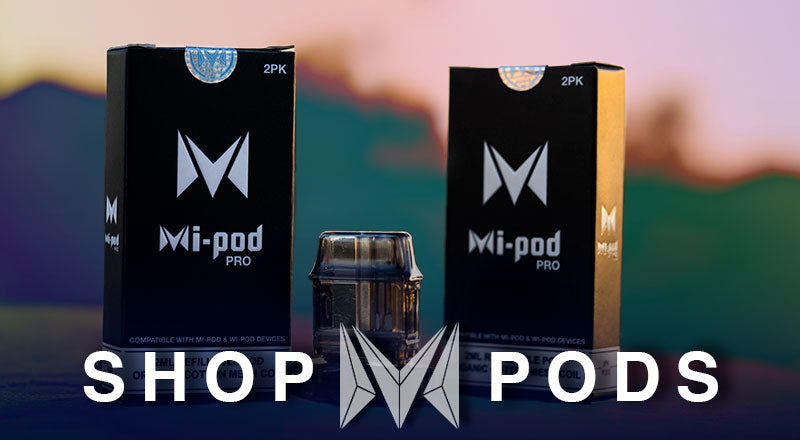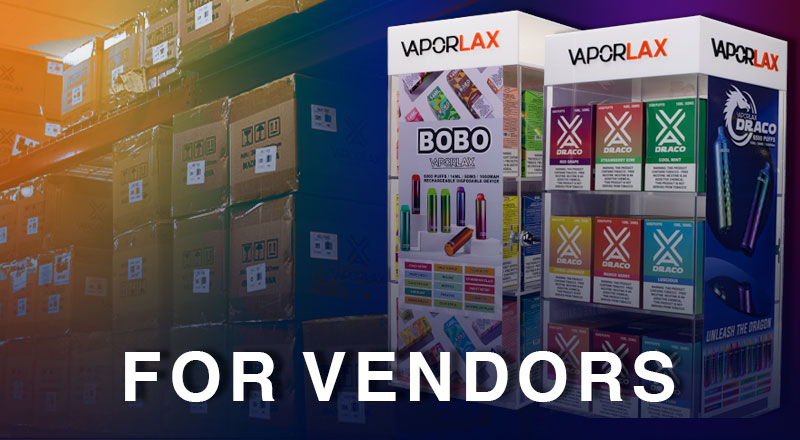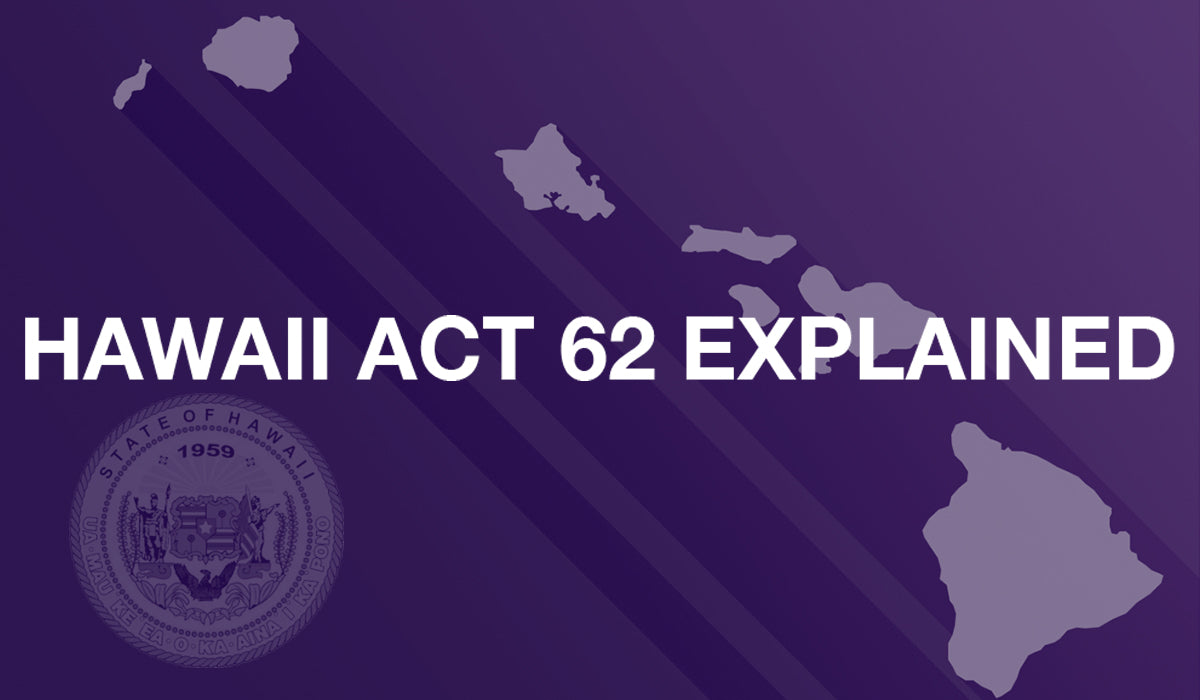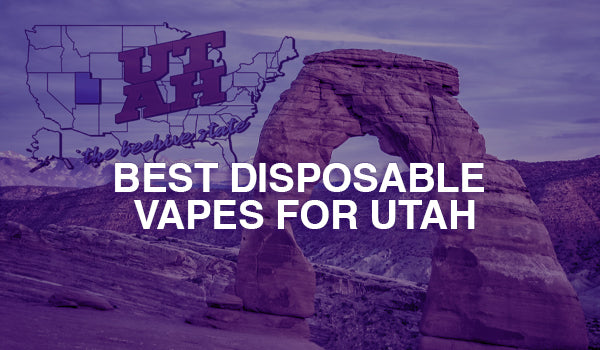Federal Judge Blocks Arkansas Delta-8 Ban
On September 7, 2023, a federal judge granted a preliminary injunction that blocks the implementation of Act 269. This Arkansas law was a ban on psychoactive cannabinoids derived from federal legally hemp such as Delta-8 THC, and included criminal charges.
Court Case Overview
US District Court Judge Billy Roy Wilson found that the plaintiffs (four hemp industry businesses) claim that Arkansas Act 269 is preempted by the 2018 Federal Farm Bill which legalized hemp containing less than 0.3 percent Delta-9 THC is likely to upheld.
Delta-9 THC is the primary psychoactive ingredient in cannabis and usually referred to as simply THC.
In other words, he thinks the Arkansas Delta-8 and hemp derivatives ban that was scheduled to go into effect August 1, 2023 is likely dead on arrival.
Bio Gen LLC, et. al. v. Sarah Huckabee Sanders, et al. is set to begin on August 27, 2024.
With the trial not starting until late next August and Judge stating the Delta-8 ban likely to be tossed, the Arkansas market is once again free from restrictions on Delta-8 and other US hemp derived products.
Judge Denies State of Arkansas
Judge Wilson denied two motions by the state of Arkansas. The first motion he quashed was a request by the state to dismiss the case against Arkansas and the hemp products ban, allowing Act 269 to go into effect. This move blocked the state ban on hemp derivative sales.
The second motion would have granted Arkansas Governor Sarah Huckabee Sanders and Attorney General Tim Griffin immunity from the lawsuit.
Judge Wilson wrote in his ruling, “Clearly, the proper vehicle for challenging the constitutionality of a state statute, where only prospective, non-monetary relief is sought, is an action against the state officials responsible for the enforcement of the law. Here, the Governor has a responsibility as chief executive for the enforcement of the criminal laws of the state, which are implicated here, and the attorney general has a specific role in Act 629."
Arkansas Act 269
Act 269, passed in the regular session of the Arkansas General Assembly in April 2023, was designed to block the sale of THC isomers derived from federally legal hemp. The stated purpose of Act 269 is “to prohibit the production and sale of intoxicating substances derived from hemp.”
When enacted on August 1, 2023, Act 269 would have barred the following:
- Delta-8 THC, Delta-9, Delta-10, Delta-6a, Delta-10a
- The acetate esters of Delta-8, Delta-9, and Delta 6a, Delta-10a, Delta-10 (i.e., Delta-8, THC-O, etc.)
- A product produced as a result of a chemical process that converted the hemp into Delta-8, Delta-9, Delta-6a, Delta-10a, or Delta-THC and their acetate esters.
- Any other psychoactive substance derived from this list.
The 2018 Farm Bill had previously legalized hemp, defined as cannabis plant material containing less that 0.3 percent Delta-9 THC.
The products the state sought to ban were extracted from cannabidiol (CBD) which is sourced from traceable US grown hemp and federally legal.
Parties in Lawsuit
Plaintiffs: Bio Gen, LLC, Drippers Vape Shop, LLC, The Cigarette Store LLC DBA Smoker Friendly, and Sky Marketing Corporation DBA Hometown Hero (collectively, “Plaintiffs”).
Defendants: Governor Sarah Huckabee Sanders, Attorney General Tim Griffin, 28 state prosecuting attorneys, Arkansas Department of Finance, Arkansas Tobacco Control Board, Arkansas Department of Agriculture, Arkansas State Plant Board.
Why Act Now?
Not surprisingly, money is likely at the root of the law. A majority of Arkansas voters rejected a constitutional amendment to legalize recreational cannabis last November, but their medical marijuana industry is booming. Arkansans are projected to spend $300 million on medical marijuana in 2023.
“Unless something changes dramatically over the next six months, this is going to be a record year for medical marijuana sales in the state…We really didn’t hear much about Delta-8 until a few months ago, and then out of nowhere, it became this really hot topic. That change could have a huge impact on the medical marijuana market,” said Scott Hardin, spokesperson for the Arkansas Department of Finance and Administration in an interview with 40/29 TV Ft Smith-Fayetteville.
The availability of milder and less expensive products like Delta-8 threatened to cut into the earnings of the state's medical marijuana industry.
Dawn Harpell owns a CBD and Hemp store in Rogers, Arkansas. She was also interviewed by a local Arkansas CBS affiliate, 4029 TV and stated much of her business comes from patients switching to Delta-8 because it is less expensive than medical marijuana.
“There’s been people who have given up their medical licenses to come in and get that just because we are a little bit cheaper than they are,” she said.
Lawsuit Blocks Implementation of Act 269
One day before Act 269 took effect, a group of hemp manufacturers and marketers filed a lawsuit to block the ban on hemp derived products. The lawsuit named Governor Sarah Huckabee Sanders, twenty-eight state prosecuting attorneys, the Tobacco Control Board of Arkansas, the directors of the Arkansas Department of Finance and Administration, the Arkansas Department of Agriculture, and the Plant Board.
The state of Arkansas argued that they were permitted to pass harsher laws on the production of hemp within Arkansas borders, but Judge Wilson described Act 269’s restrictions on the transportation of hemp derived cannabinoids to be a violation of federal law. He also warned that the vagueness of the law was likely to doom Act 269 in court.
Judge Billy Roy Wilson
An injunction blocking the implementation of the law was put into place as the plaintiffs faced irreparable harm if it was enacted. As Judge Wilson explained:
"Plaintiffs have shown that, without the relief they seek, they will be subject to irreparable harm in the form of a credible threat of criminal sanctions. With regard to potential lost profits, I am not persuaded that Plaintiffs can be made whole with money damages, as the financial losses they stand to suffer by complying with the likely unconstitutional portions of the statute cannot be easily measured or reliably calculated, given the novelty of the hemp industry in Arkansas and the dearth of historical sales data to use as a baseline for calculating lost revenues stemming from Act 629. Plaintiffs have shown that, in the absence of preliminary injunctive relief, they are likely to suffer irreparable harm for which they have no adequate remedy at law."
Act 269 Criticisms
Apart from the fact that it was written so sloppily that a federal judge all but declared the law doomed to fail in a court challenge, there are other concerns about the tenor and direction of Act 269.
While the damage to medical marijuana market partially motivated the bill, supporters in Arkansas Senate claimed Act 269 was designed to “protect the children”. Tim Griffin's Arkansas AG website features an article simply titled: CONSUMER ALERT: Delta-8 THC Endangers Children.
With such bold and bombastic language, surely he would be eager to plead his case in court and test cases with the hemp industry? Apparently not.
Notably, the judge did not grant him immunity from charges filed by the very manufacturers and businesses he used his state offices to vilify.
The spurious and fallacy riddled "Protect the Children" attack is one that adult vapers will find familiar. It is also frighteningly effective, as who would support the vices of strangers in the face of innocent children being harmed?
As critics of the Act 269 pointed out, Delta-8 is popular with those seeking a milder high than traditional THC. A quick perusal of local substance abuse rates shows that there is no shortage of illegal black-market cannabis in Arkansas. The claim that a less potent THC analogue which requires an ID to purchase will draw unwitting, underage initiates seems extremely suspect.
Public Perception of D8 and Hemp Derived Products
Just because a judge has blocked Arkansas Act 269 does not mean that the "Protect the Kids" gimmick is not an effective way to impose restrictions on legal age adults. Ask any vaper, it is an effective way for well-funded lobbyists to push politicians into compliance and bewilder anyone not knowledgeable on the subject.
Activists seeking to prohibit adults from using federally legal hemp derived products are quick to wheel out archived images where the trade dress of popular snack brands are being used in Delta-8 packaging.

The use of packaging that resembles popular snacks reflects poorly on those manufacturers, and this angle of attack will be used by those determined to snuff out the entire industry. Reputable brands do not risk using the IP of major American corporations.
The stock image used to tarnish the industry during the passage of Act 269 is from nearly two years ago, and from a Seattle smoke shop that carded and barred minors from entry.
Using the trade dress of snack brands is not the same as marketing to minors. Not to put too fine of a point on it, but this is clearly an example of marketing to current cannabis users and not initiates. It falls back on half-century old tropes about “stoners” and their insatiable appetite for processed snacks.
In states where recreational marijuana is legal, there is a push by older users for less potent strains that more closely resemble those they used in the 60s, 70s, 80s, and 90s. A major part of Delta-8’s appeal is that it is viewed as THC-light.
Delta-8 is psychoactive and should be used responsibly with care and caution by experienced customers. But it is estimated as being only about half as potent as Delta-9 THC and has many proponents as a result of its milder impact.
Dangerous and Ill-Informed Politicians
It would be behoove D8, D10, THC-O and hemp product manufacturers to put their best foot forward and focus on being responsible corporate citizens, lest they be unfairly vilified in perpetuity like the nicotine vaping industry has been.
Humanity writ large seems to have a peculiar fascination with controlling the routines and habits of others. Anything new or seemingly alien is particularly vulnerable, as the public can easily be misled about the product and the users.
The hemp industry, particularly those selling psychoactive products, can strive to demonstrate that their product is morally neutral and high-quality. Just as importantly, they should scrap the look-a-like brand packaging. Reputable Delta-8 manufacturers have already taken the following steps.
- Adhere to strict manufacturing guidelines.
- Offer Certificates of Analysis and Lab Test Results on their website.
- Provide warnings about the psychoactive nature of their products.
- Use traceable US grown hemp.
- Provide pricing competitive with medical marijuana to appeal to adult users.
- Support rigorous age verification to keep products out the hands of minors.
- Place prominent warning labels to keep the products of the reach of children and pets.
- Minimize packaging details that would appeal to minor.
- Tailor marketing to appeal to existing THC users rather initiates.
- Reject using packaging that resembles the intellectual property of snack food and candy products.
- Provide clear instructions for use.
- Accurate dosage and potency information on the label.
Everyone will react differently to products like Delta-8, and it is important to take it slowly as the effects of these products can take a while to kick in. But within reason, information on the properties of the product should be provided.
The Cautionary Tale of Vape Flavor Bans
The strange decision by Delta 8 manufacturers to use packaging that resembles heavily processed snack foods is no small deal. They are meant to be eye-catching and appeal to veteran users. But the potential drawbacks are substantial.
Vapers may remember in 2019 when Unicorn Milk by Cuttwood, a high-VG juice for cloud chucking hobbyists, was inexplicably made Exhibit A by Senator Mitt Romney in his quest to ban the fruit and dessert vape flavors. Apparently the use of the word unicorn triggered something deep in his soul.
It was easy for him to make the choice for others: Adults could be funneled back onto combustibles, use vapes with artificial flavorings he found acceptable, or embrace nicotine abstinence. Artificial flavor profiles he did not approve of were to be banned.
This approach was a far cry from the more humane policies embraced by the UK’s National Health Service (NHS). Their Using E-Cigarettes to Stop Smoking website outlines the scientific case for vaping, which has destroyed Big Pharma’s nicotine replacement therapies in a number of studies. The first and most famous of these was run in the gold-standard New England Journal of Medicine.
Danger of False Narratives
In 2019, Senator Romney turned his attention to people who used nicotine. In theory, it was to protect children. In practice, he targeted products exclusively used by legal age adults.
He was so out of touch with the reality of the vape market that he failed to mention Juul or nic salts even one time during a CNBC interview where he purported to be a subject matter expert on vaping.
Instead, he complained about Unicorn Milk and obscure e-liquids like “Tutti Frutti” and “Scooby Snacks” as he pushed for a federal flavor ban. The idea that national policies would be formulated from a position of such abject ignorance is frightening. His talking points mirrored those of Big Tobacco, Bloomberg funded lobbyists and groups like the Orwellian-named Truth Initiative.
That the combined number of minors purchasing and vaping Unicorn Milk, Tutti Frutti and Scooby Snacks likely did not equal the number Juul Mint pods being vaped in a busy 2019 high school bathroom completely escaped both Romney and his Democratic ally Jeff Merkley.
As he tilted high-VG vape juice windmills, the staidly packaged and mildly flavored Juul Mint nic salts continued to be purchased by older siblings, classmates and family members, then diverted into the hands of minors. Tobacco-21 alone addressed this issue, helping to slash teen vaping since 2019.
It may be impossible for hemp derived products to avoid the type of headwinds that have buffeted the nicotine vape industry for the last five years, but there is value in creating a positive public image. It draws customers, attracts quality employees, and fosters trust with the general public.






Leave a comment
This site is protected by hCaptcha and the hCaptcha Privacy Policy and Terms of Service apply.